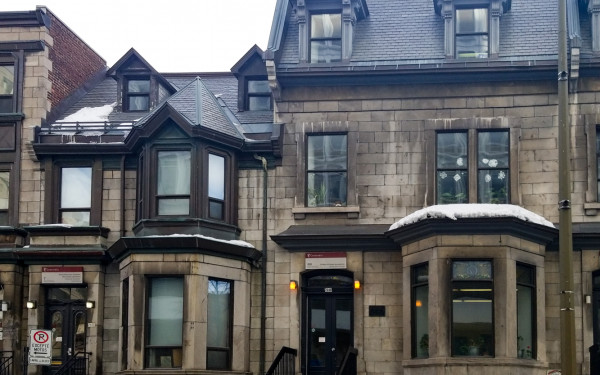Bill 96 is in no one’s best interest
Limiting francophone and allophone students in English CEGEPs is discriminatory
Limiting francophone and allophone students in English CEGEPs is discriminatory
Last May, Simon Jolin-Barrette—the same representative for the CAQ who was associated with Bill 2 —proposed Bill 96, an extension of Bill 101. This bill will be voted on later this month and I sincerely hope it does not pass.
There are too many discriminatory clauses in Bill 96 to discuss in this article, but the one urging English CEGEPs to prioritize the acceptance of anglophone students over non-anglophone students stands out for me. This is in response to the large number of francophone students who choose to study in English after high school.
The Quebec government claims this bill aims to preserve the French language, which is declining according to Jolin-Barrette. However, whether or not the French language is declining or rising is still being debated among historians and politicians.
Even if the French language were losing popularity in Quebec, most people studying in CEGEP are adults, and they should have the right to choose the language in which they study. As someone who was forced to study French in high school despite never having mastered the written language, I hated being evaluated in a language that didn’t allow me to thrive.
The reality of the Quebec population is that we cannot all fit nicely into one linguistic category. Some francophone students end up becoming anglophone due to the multilingual nature of Montreal, which is not a bad thing. This multilingualism distinguishes Montreal from every other Quebecois city and to prioritize the acceptance of anglophone students in English CEGEPs “to protect the French language” ignores this reality in addition to being discriminatory.
In my final year of high school, my English teacher advised me to go into English literature in CEGEP. Although I did not, I am glad I was not legally prevented from doing so. Of course, I ended up going to an English CEGEP and I am now doing a double major in creative writing and psychology at Concordia.
Bill 96, if passed, would prevent students from studying in their preferred language simply because they are not anglophone from birth. Just because I was born into a francophone family does not mean I am better at writing in French than in English. To be honest, I do not think I would be able to write this article in French and be able to convey my arguments as clearly to my readers as I hope I am able to in English.
This proposed bill would discriminate against francophone and allophone students in English CEGEPs, no matter how politicians frame it, and the Quebec government cannot justify it by claiming it is to preserve the French language. On the contrary, this bill would likely push a significant percentage of our francophone population out of the province and make them resentful towards the Quebec government. You get more francophone students with incentives than with discriminatory bills.
Why doesn’t the Quebec government come up with monetary incentives to persuade people to study in French? The University of Ottawa, for instance, provides a 1 000$ per year incentive to students who enroll in at least two courses that are taught in French per semester. The best part about this incentive is that it does not distinguish between anglophones, francophones, and allophones—unlike Bill 96—and it helps students pay their tuition fees.
Besides, I could write a whole article on how difficult it is for non-binary people like myself to speak and write in gendered languages. If the government is truly worried about people choosing to study in English rather than in French, then they should start by degendering the language.
Bill 96 is a desperate and futile attempt to coerce francophones and allophones to study in French, ignoring the multitude of reasons people may opt to study in English instead.







